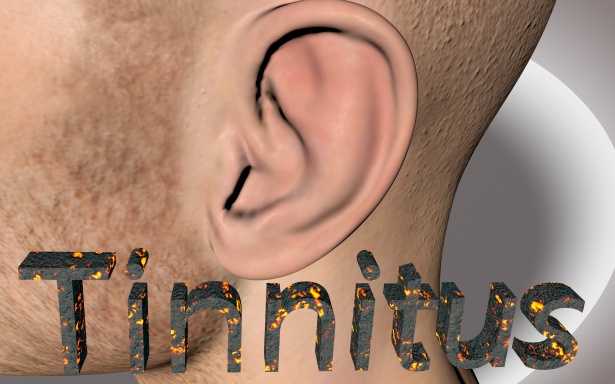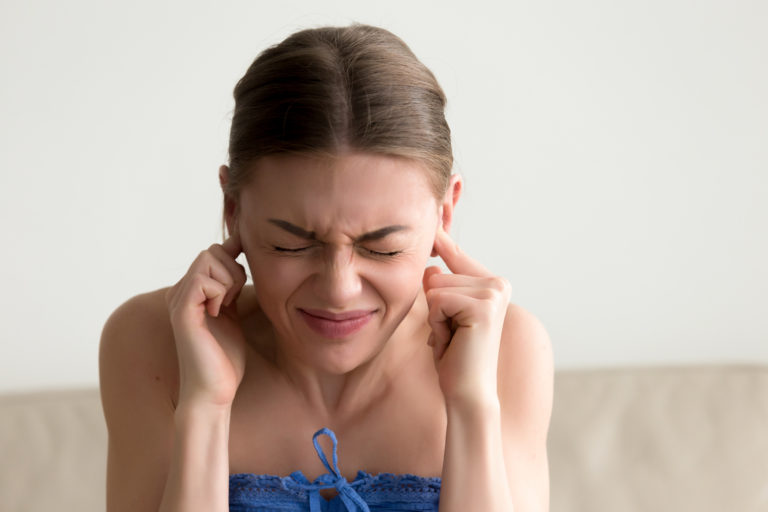If you suffer from tinnitus, you know how frustrating and even debilitating the condition can be. The constant ringing, buzzing, or hissing in the ears can make it difficult to concentrate, sleep, and enjoy everyday activities. While tinnitus has various causes, there has been discussion about the potential link between air conditioners and tinnitus. In this article, we’ll explore whether air conditioners can cause or exacerbate tinnitus and what steps you can take to mitigate any potential impact.
Understanding Tinnitus
Tinnitus is the perception of noise or ringing in the ears when no external sound is present. It’s not a condition itself but is typically a symptom of an underlying issue, such as age-related hearing loss, exposure to loud noise, earwax blockage, or certain medications. Tinnitus can manifest as a ringing, buzzing, roaring, clicking, hissing, or humming sound, and its severity can vary from a mild annoyance to a constant disruption in daily life.

Credit: www.passenpowell.com
The Role of Air Conditioners
Given the prevalence of air conditioners in our homes, workplaces, and public spaces, it’s natural to consider whether they could contribute to or worsen tinnitus. While there is limited scientific research specifically addressing the connection between air conditioners and tinnitus, it’s essential to examine the potential factors that could link the two.
Noise Exposure
One of the primary concerns regarding air conditioners and tinnitus is the noise they produce. Most air conditioner units generate a consistent humming or whirring sound while in operation. Prolonged exposure to this low-level noise could contribute to hearing damage over time, potentially leading to or exacerbating tinnitus.
According to the World Health Organization (WHO), prolonged exposure to noise levels at or above 85 decibels can lead to hearing impairment. While air conditioner noise typically falls below this threshold, individuals who are consistently exposed to it for extended periods, such as during sleep or in quiet environments, may experience cumulative effects on their hearing health.
Indoor Air Quality
Another consideration is the quality of the air circulated by air conditioners. Poor indoor air quality can lead to sinus congestion, ear infections, and other issues that may indirectly impact tinnitus. Allergens, mold, and other contaminants in the air can affect the respiratory system and, in turn, the Eustachian tube, which plays a role in regulating pressure in the middle ear. Changes in middle ear pressure can influence tinnitus symptoms in some individuals.
Minimizing the Impact
While the potential link between air conditioners and tinnitus requires further research, there are several steps you can take to minimize any adverse effects and manage your tinnitus symptoms.
Ensure Proper Maintenance
Regular maintenance of your air conditioning system is essential to ensure it operates as quietly as possible. Cleaning or replacing air filters, lubricating moving parts, and addressing any unusual noises promptly can help minimize the overall noise output of the unit.
Use White Noise Or Sound Masking
Utilizing white noise machines or fans can help mask the ringing or buzzing sound associated with tinnitus. By introducing a consistent, soothing sound, you can redirect your focus away from the internal noise and promote a more peaceful environment for relaxation and sleep.
Prioritize Indoor Air Quality
Investing in air purifiers or ensuring proper ventilation in your living and workspaces can help reduce the presence of airborne irritants that may indirectly affect your tinnitus symptoms. Keeping your environment clean and free of potential allergens can contribute to overall well-being, including potential impacts on tinnitus.
Seek Professional Guidance
If you experience bothersome tinnitus symptoms, consulting with an audiologist or healthcare provider is crucial. They can conduct a thorough evaluation of your hearing health, provide personalized recommendations for managing tinnitus, and offer interventions such as hearing aids or tinnitus retraining therapy.
Conclusion
While the direct link between air conditioners and tinnitus remains a topic for further exploration, it’s essential to be mindful of the potential factors at play. By maintaining your air conditioning system, addressing indoor air quality, and seeking professional guidance for tinnitus management, you can take proactive steps to support your overall hearing health and well-being.
Remember, understanding your individual triggers and prioritizing holistic approaches to managing tinnitus can make a meaningful difference in your quality of life. Stay informed, stay proactive, and prioritize your hearing health.

